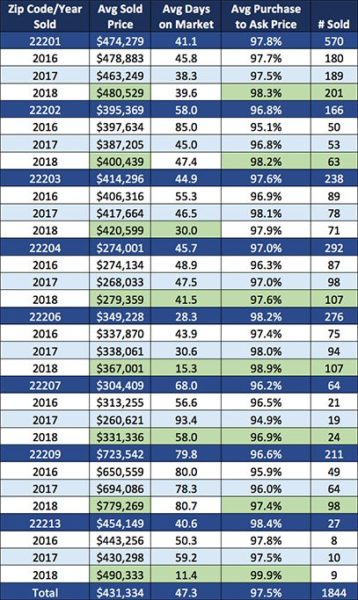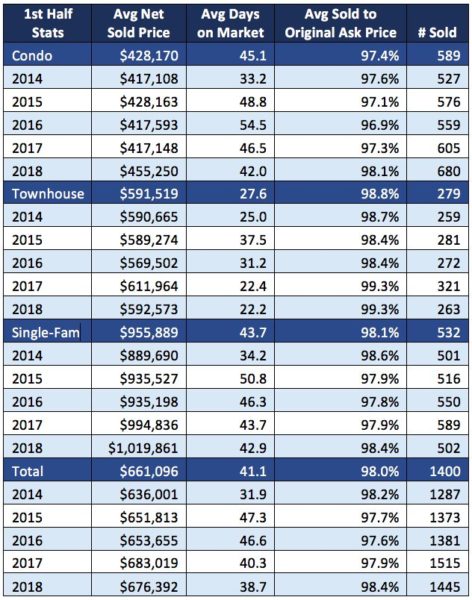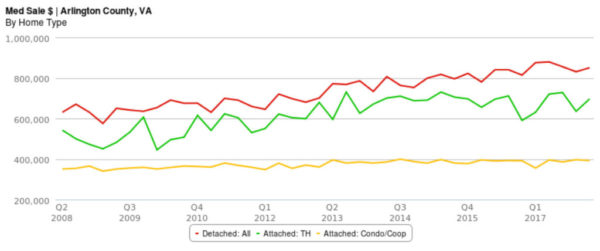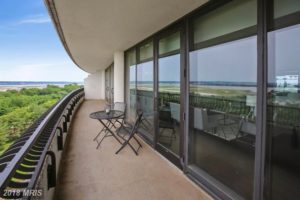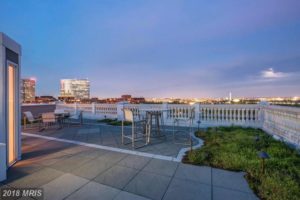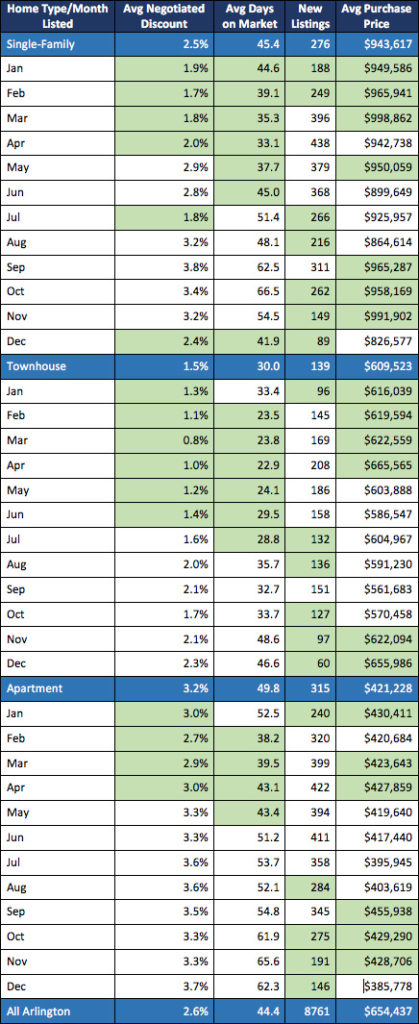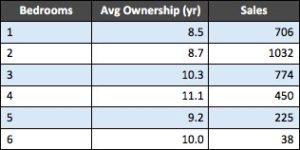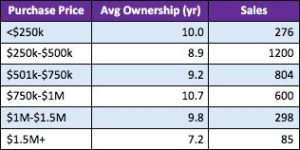This regularly-scheduled sponsored Q&A column is written by Eli Tucker, Arlington-based Realtor and Rosslyn resident. Please submit your questions to him via email for response in future columns. Enjoy!
Question: Are there specific buildings or sub-markets in Arlington that were responsible for the jump in condo values in the first half of 2018?
Answer: The most interesting data point that came from last week’s mid-year real estate review was that, for the first time in years, condo prices appreciated significantly from the first half of 2017 (9.1% growth).
I received a number of emails from readers asking if this growth occurred across the entire condo market or in specific locations or buildings so this week’s column takes a deeper dive into the 2018 mid-year data for condos in Arlington.
Growth and Demand Increase Across the Market
The good news for condo owners in Arlington is that appreciation and demand increased across all markets in the first half of 2018. In fact, 63 of the 79 measures for appreciation and demand improved (if you’re a homeowner/seller).
To test the market, I looked at average price and three demand indicators (days on market, purchase price to asking price ratio, and number of sales) broken out by zip code, building age and price range.
The data compares pricing and demand trends in the first half of each year for all condos sold in Arlington. Cells highlighted in green indicate improvement (for homeowners/sellers) in that category for 2018.
All Eight Zip Codes Appreciated
Demand indicators supported the price growth, with most zip codes seeing a faster pace of sale and buyers negotiate less off original asking prices.
For those tracking new construction in Arlington, only 11 of the 98 sales in 22209 were in Key & Nash and it’s important to note that builders do not enter all of their sales into the MLS, so a large percentage of those sales are missing from the data. Note that 22205 is not included because of the lack of volume.
Older Properties Surged
Many older buildings in Northern VA are struggling to recover from their peak pricing from 2005-2007, which has left many owners in a difficult financial position.



